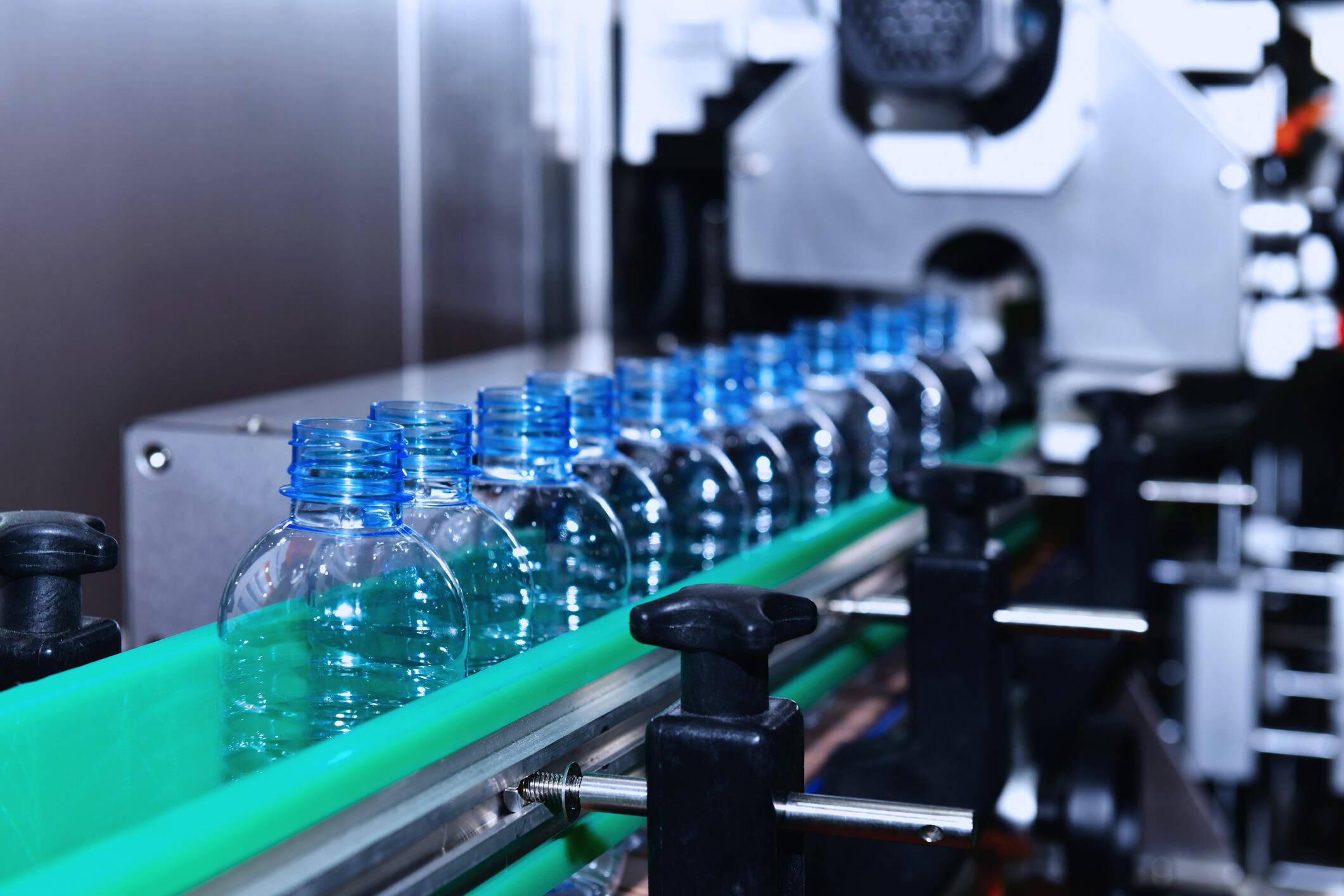The Corporate Sustainability Due Diligence Directive, which saw its informal agreement just before Christmas 2023, will require companies to conduct environmental and human rights due diligence as a means of identifying, preventing and mitigating specific environmental and human rights risks and impacts in their business activities and supply chains.
This latest development reflects a growing momentum to hold corporations more accountable for managing their environmental and human rights risks.
This new law will apply to EU companies with 500+ employees and a worldwide turnover of more than €150m, as well as smaller companies in a select few ‘high risk’ sectors, including food manufacturers and traders of raw agricultural material, if they have 250+ employees and a worldwide turnover of over €20m in that sector. It will also apply to non-EU companies with equivalent turnover in the EU.
“This is a groundbreaking piece of legislation,” law firm’s RPC environmental and climate change practice lead, Sophie Tuson, told Food Manufacture. “It’s the first time in the EU that all member states will have to implement new laws forcing companies to address their environmental and human rights impact. Up until this point it has only been voluntary under various international standards.”
Prior to this, ESG-related laws in the EU have focused on reporting, Tuson explained: “It’s been more of a policy tool, enabling stakeholders and consumers to apply pressure onto businesses to improve their performance.
“What is different about the new proposal is that it will introduce operational requirements. Rather than just reporting, it’s what you do with the data that you have collected – companies will have to work with suppliers to prevent and stop adverse environmental impacts, for example. And in a last resort, will have the right to terminate contracts and move away from non-compliant suppliers.”
“It’s the context of the legislation being all encompassing across the E,S and G [in ESG], and the burden on a business to now report its impact, not just due diligence and policies,” added Rick Sanderson, NSF’s sales director for the EMEA Food Division, and expert in ESG and sustainability risk.
Sanderson added that this new law will have big implications on ESG reporting: “Reporting is now becoming much more regulated, with science-based oversight required for environmental impact [like that of CDP and SBTi], local, national and international law governing human rights with greater sanctions, more requirements for raw material level mapping, lifecycle analysis and disclosure, and financial market needs for investors and NGOs in line with TCFD [Task Force on Climate-Related Financial Disclosures].
“In short, the opportunity for 'greenwashing' and PR via an annual sustainability report are no longer going to be an option for businesses at scale above £20m or 250 employees, and will have a ripple effect on those beneath.”
Of course, this isn’t the first piece of legislation that has come into force in a bid to improve working conditions and environmental accountability. For instance, June last year just saw the new deforestation regulations come into effect.
“The trend for more recent legislation in this space, such as the Corporate Sustainability Reporting Directive (CSRD) and the German [supply chain act] LKSG, is about outcomes and impact, year on year metrics and reporting, the cascade beyond tier one towards tier n [e.g. contracted suppliers] in the supply chain, as well as the responsibility the business is taking for its influence on outcomes. This represents a huge step change in the need for verified and science-based data, the transparency of supply chains and influence on standard, and the sanctions for lack of information or misrepresentation,” Sanderson continued.
Commenting further, Tuson explained that whilst there may be some cross over with existing laws, this new Directive should be viewed as a “wrapper” – a set of legal obligations that cover a broader suite of topics rather than focusing on one area. In this way it will plug any gaps that may currently linger. It also will, as mentioned earlier, mandate new requirements around ESG – moving the dial from simply reporting.
Sanctions for breaching the Due Diligence Directive
To police this each EU country will have a supervisory authority that monitors whether firms are complying with these obligations. These bodies will exchange best practices and cooperate at EU level within the European Network of Supervisory Authorities established by the Commission. They will be able to launch inspections and investigations, and impose penalties on non-compliant companies, including ‘naming and shaming’ and fines of up to 5% of their net worldwide turnover.
We may also see civil claims through the courts, with the likes of environmental NGOs and civil society groups able to bring claims against companies for failing to conduct due diligence and/or address environmental and human right issues in their supply chains. “We’re already seeing a real uptick of those supply chain cases and this Directive really opens the door for more of those,” Tuson added.
Getting prepared for the roll-out
Whilst the Directive still needs to jump through a few hoops to be officially approved, it’s not likely to be unsuccessful, with Tuson saying the new rules are expected to apply from 2027 onwards.
And although that’s a few years away, she urges businesses not to be complacent – there’s a lot that can be done today to ensure compliance for the future.
When asked, she said the first (and big) job will be around mapping supply chains: “You could look to conduct a heat mapping exercise where you identify all the key [environmental and human rights] risks areas. There are a lot of [tech] solutions and publicly available data to help with this.”
She continued: “Businesses will also need to look at their current due diligence processes, how they onboard suppliers and their supply agreements to ensure they have the right provisions in there". This will help businesses identify red flags early on, ensure their suppliers have to comply with a code of conduct prohibiting certain activity, and as a last resort, allow the business to terminate the relationship if environmental and human rights risks can't be mitigated.
As such, the Directive could require significant internal investment and changes to current supply chains. Most will probably find this challenging, especially at a time of volatility, but Tuson believes the law will also open up great opportunities.
“There may be businesses who find this particularly challenging but what I would say is that there are a number of benefits to businesses for conducting this due diligence One of those is around identifying key sustainability risks.
“Rather than seeing this as a compliance headache, companies should reap the opportunity to better understand their supply chains and get data over exactly what is happening from a sustainability perspective, because that will help them to report credibly and transparently to investors, substantiate green claims to consumers, and even gain more traction in their market base.”
“My suggestion, which has been the Bobby horse of my career, is to take this seriously,” Sanderson told Food Manufacture on preparing for the new law. “Look at it holistically, manage the ‘manageables’, pick some priority areas where you can have measurable impact, and know your supply chains.
“Once you do this, set some achievable goals, along with the UN SDGs as fundamentals, ensure policy goes beyond the boardroom and reaches the supplier base, and align with the right suppliers who are in lock step with your goals.
“Then measure, manage, improve and report, with good guidance and data that can be relied upon; use audits, inspections, technology and common sense, and work towards becoming a ‘net good’ business. Being a good business is actually good for business, and ESG aligned and reporting companies are already outperforming the rest – the facts don't lie.”
However, with the final text not yet published (and expected at end of the month, if not the next), you may wish to wait until the obligations are clear before making any ambitious plans, as Tuson said: “We expect to [get] further guidance on what businesses can do [to comply] in due course.”
In other words, be prepared to get prepared. Change is coming.
If you enjoyed this, you may also find our latest Legal Brief useful - four laws to keep an eye on in 2024.





